Funded Projects
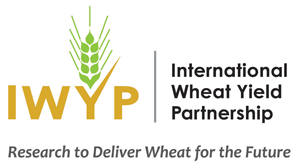
IWYP Research Projects
The total value of the 14 IWYP funded research projects is around US $30.7 million. The IWYP Research Projects projects involve various institutions and research teams in the United Kingdom, Australia, United States, Mexico, India, Argentina, France, Italy, Germany, Spain and New Zealand. The science areas of these research projects include:
- Optimizing root systems to improve genetic yield potential
- Finding and employing traits and genes to increase photosynthesis
- Optimizing and coordinating the whole plant source-sink system to fully realise
photosynthetic potential as grain yield - Testing genes to boost spike development
- Reducing respiration and thereby enhancing photosynthetic efficiency
- Optimizing canopy architecture to increase carbon capture and conserve nitrogen
- Using selected genes from other species to increase biomass and yield
- Optimizing plant phenology leading to increased harvest index
- Combining crop simulation models, field experiments and crop physiology to
quantify the impact of traits on wheat grain yield potential

Rooty: A Root Ideotype Toolbox to Support Improved Wheat Yields
Project Lead – Eric Ober, National Institute for Agricultural Botany (NIAB) (GBR)
Principal partners – University of Queensland (AUS); John Innes Centre (GBR); University of Bologna (ITA); Justus Liebig University (DEU); Forschungszentrum Jülich (DEU); CIMMYT (MEX)
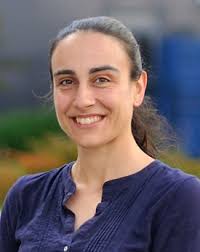
Speeding the Adjustment of Photosynthesis to Shade-Sun Transitions to Increase Yield Potential in the Field
Project Lead – Elizabete Carmo-Silva, Lancaster University (GBR)
Principal partners – CIMMYT (MEX);

Traits for increasing wheat grain yield
Project Lead – Senthold Asseng, University of Florida (USA)
Principal partners – INRAE (FRA); Leibniz-Zentrum fur Agrarlandschaftsforschung (DEU); CIMMYT (MEX); Plant and Food Research (NZL)
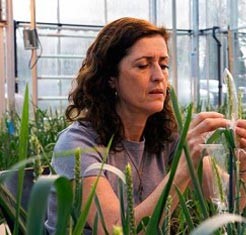
Isolation of Genetic Variation for Flowering Morphology for Hybrid Wheat Production
Project Lead – Julie King, University of Nottingham (GBR)
Principal partners – CIMMYT (MEX)
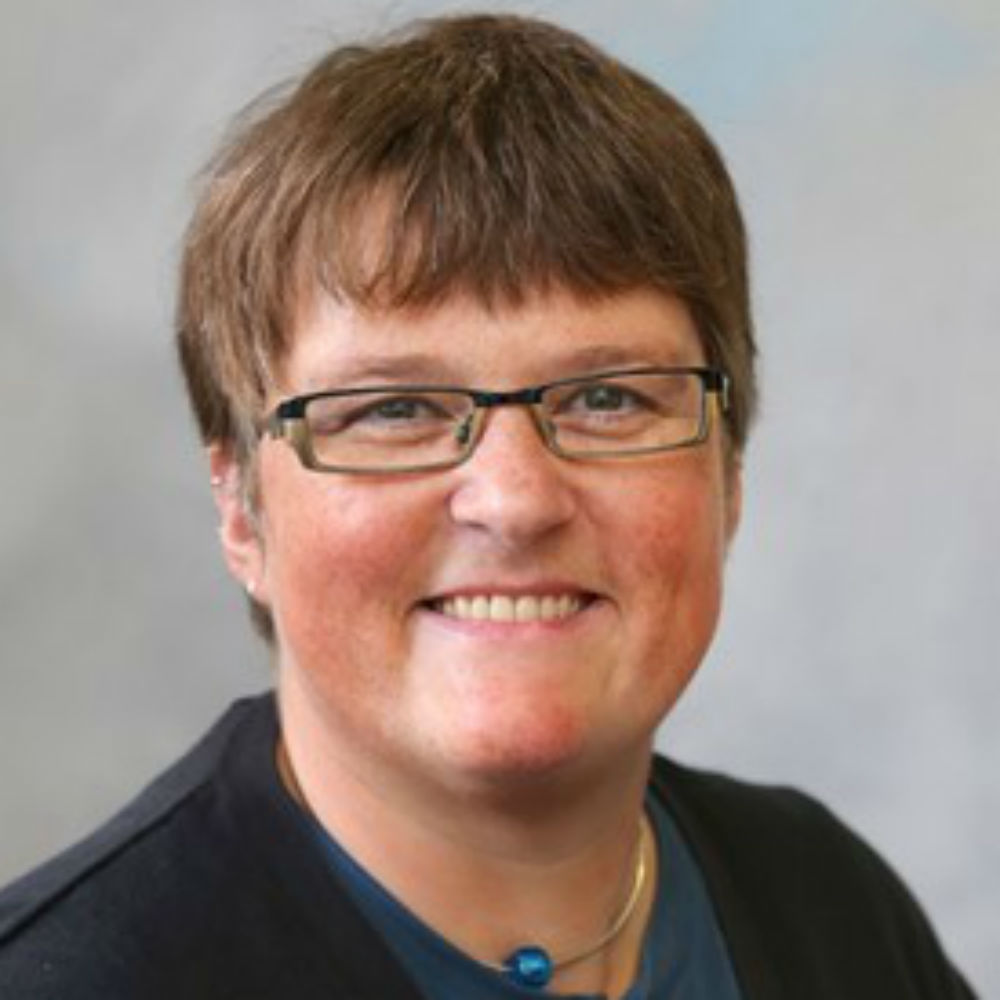
Manipulating Stomatal Blue Light Response in Wheat to Improve Productivity
Project Lead – Tracy Lawson, University of Essex (GBR)
Principal partners – John Innes Centre (GBR); Lancaster University (GBR); CIMMYT (MEX)

Transforming Yield through Source-Sink Synchronization
Project Lead – Matthew Paul, Rothamsted Research (GBR)
Principal partners – CIMMYT (MEX); Oxford University (GBR)
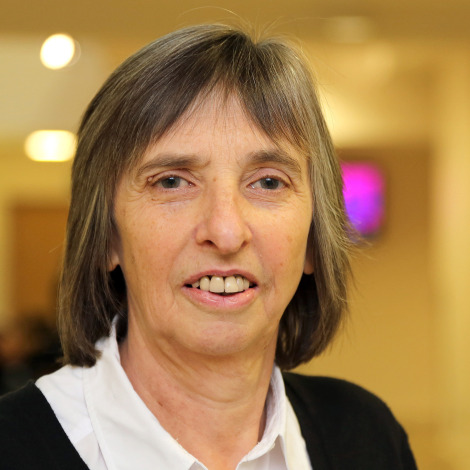
Realizing Increased Photosynthetic Efficiency to Increase Wheat Yield
Project Lead – Christine Raines, University of Essex (GBR)
Principal partners – Lancaster University (GBR); University of Illinois (USA); Rothamsted Research (GBR)

Molecular Dissection of Spike Yield Components in Wheat
Project Lead – Cristobal Uauy, John Innes Center (GBR)
Principal partners – University of California, Davis (USA); CIMMYT (MEX)

Improving Wheat Yield by Optimizing Energy Use Efficiency
Project Lead – Barry Pogson, Australian National University (AUS)
Principal partners – University of Western Australia (AUS); CIMMYT (MEX); University of Adelaide (AUS)

Increasing Carbon Capture by Optimizing Canopy Resource Distribution
Project Lead – Andrew Merchant, University of Sydney (AUS)
Principal partners – University of California, Davis (USA); Agharker Research Institute (IND)

Using Next Generation Genetic Approaches to Exploit Phenotypic Variation in Photosynthetic Efficiency to Increase Wheat Yield
Project Lead – Anthony Hall, Earlham Institute (GBR)
Principal partners – Lancaster University (GBR); CIMMYT (MEX); Australian National University (AUS)

AVP1, PSTOL1 and NAS – Three High Value Genes for Higher Wheat Yield
Project Lead – Stuart Roy, University of Adelaide (AUS)
Principal partners – University of Melbourne (AUS); Arizona State University (USA); Cornell University (USA); University of California, Riverside (USA); Rothamsted Research (GBR)

A Genetic Diversity Toolkit to Maximize Harvest Index by Controlling the Duration of Developmental Phases
Project Lead – Simon Griffiths, John Innes Center (GBR)
Principal partners – University of Bristol (GBR); University of Buenos Aires (ARG); CSIRO (AUS); CIMMYT (MEX); ICREA (ESP)

Wider and Faster: High-Throughput Phenotypic Exploration of Novel Genetic Variation for Breeding High Biomass and Yield in Wheat
Project Lead – Erik Murchie, University of Nottingham (GBR)
Principal partners – University of Bristol (GBR); Lancaster University (GBR); University of Essex (GBR)
NIFA-IWYP Research Projects
The total value of the 7 NIFA-IWYP funded research projects is around US $15.45 million. The projects involve various institutions and research teams in the United States, United Kingdom, Germany and Mexico. The science areas of these research projects include:
For the 6 Standard Grants:
- The deployment of genome editing technologies to create novel variation that leads to significant increases in the genetic yield potential of wheat.
- Photosynthesis – high impact changes in the deposition of carbon compounds during plant development.
- Development of methods of measuring yields and other important phenotypic traits in field plots using new technologies.
- Development of practical systems for facile implementation of hybrid wheat breeding programs leading to commercial production of hybrids.
For the large Coordinated Agricultural Project (CAP) grant:
- Discovery of novel genetic variation and the underlying genes that increase floret number, grain number, and grain size
- Development of genetic tools for genetic discoveries to facilitate breeding of improved grain traits
- Enhanced carbon capture where increased carbohydrates are then available to improve grain formation and development
- Maximization of spike photosynthesis that leads to enhanced grain yield
- Optimization of carbon assimilation, carbohydrate mobilization, partitioning/redistribution to grain
- Optimization of the timing of breakdown, release and transport of sucrose to the developing spike
- Optimization of plant phenologies for different environments that leads to increased yield as related to grain traits
- Improvements in sink dynamics such as the timing and duration of flowering, the size of the spike, number of florets laid down, pollination efficiencies and grain size

Wheat Yield Prediction and Advanced Selection Methodologies Through Field-Based High-Throughput Phenotyping With UAVs
Project Lead – Jesse Poland, Kansas State University (USA)
Principal Partners- Washington University (USA); CIMMYT (MEX)

Validation, Characterization and Deployment of QTL For Grain Yield Components In Wheat
Project Lead – Jorge Dubcovsky, University of California, Davis (USA)
Principal Partners – Kansas State University (USA); University of Minnesota (USA); Montana State University (USA); Colorado State University (USA); Washington State University (USA); Oklahoma State University (USA); University of Idaho (USA); South Dakota State University (USA); Texas A&M University (USA); University of Arkansas (USA); Cornell University (USA); North Carolina State University (USA); Michigan State University (USA); University of Nebraska (USA); University of Kentucky (USA); USDA-ARS Manhattan (USA); USDA-ARS Raleigh (USA); USDA-ARS Fargo (USA); USDA-ARS Pullman (USA); CIMMYT (MEX)

Influence of Nitrogen Form On Wheat Carbon Fixation, Grain Yield, and Protein Yield
Project Lead – Arnold Bloom, University of California, Davis (USA)
Principal Partners- CIMMYT (MEX)

Developing The Tools and Germplasm For Hybrid Wheat
Project Lead – Stephen Baenziger, University of Nebraska, (USA)
Principal Partners – Texas A&M University (USA); The Leibniz Institute of Plant Genetics and Crop Plant Research (GER); University of Hohenheim (GER); Kansas State University (USA); CIMMYT (MEX)

Genome Editing For Improving Wheat Yield and Yield-Related Traits
Project Lead – Eduard Akhunov, Kansas State University (USA)
Principal Partners – Oklahoma State University (USA); Cornell University (USA); University of California, Davis (USA); John Innes Centre (GBR)

Crispr-Based Genome Editing Of Grain Size Regulators For Novel Variation To Increase Wheat Genetic Yield Potential
Project Lead – Wanlong Li, North Dakota State University (USA)
Principal Partners – Iowa State University (USA)

Advancing Harvest Index In Wheat Through Genomic Enabled Physiological Breeding
Project Lead – Md Ali Babar, University of Florida (USA)
Principal Partners – University of Nottingham (GBR); CIMMYT (MEX); USDA-ARS Manhattan (USA)
no vsible
Extended NIFA-IWYP Projects

Plant Breeding Partnerships: Continuing to Develop and Validate the Tools for Hybrid Wheat
Project Lead – Katherine Frels, University of Nebraska (USA)
no vsible

Plant Breeding Partnerships: Applications of CRISPR/CAS-Mediated Genome Editing for Precision Breeding in Wheat
Project Lead – Eduard Akhunov, Kansas State University (USA)
no vsible
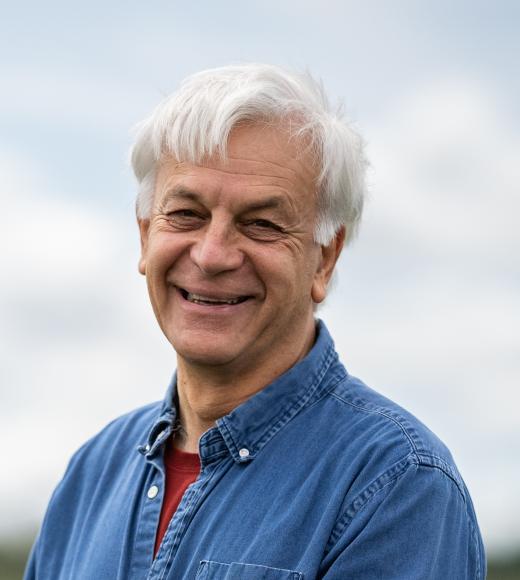
Leveraging High-Throughput Genotyping and Phenotyping Technologies to Accelerate Wheat Improvement and Mitigate the Impacts of Climate Change
Project Lead – Jorge Dubcovsky, University of California, Davis (USA)
no vsible
AAFC-IWYP Research Projects
The 3 projects involve various institutions and research teams in Canada, United States of America, United Kingdom and Australia. The science areas of these research projects include:
- Using novel phenomics and genomics approaches for rapid trait introgression.
- Fine-tuning stomatal signaling pathways to improve grain yield, biomass production and water use efficiency.
- Manipulate the circadian clock to create climate adapted wheat varieties.
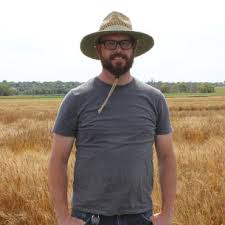
Leveraging Phenomics and Genomics Approaches for Efficient Allele Mining and Deployment to Increase Yield in Wheat
Project Lead – Andrew Burt, Agriculture and Agri-Food Canada (AAFC), (CAN)
Principal partners – AAFC (CAN); John Innes Centre (GBR); Rothamsted Research (GBR)

Circadian Clock Editing to Increase Wheat Yield
Project Leads – John Laurie & André Laroche, Agriculture and Agri-Food Canada (AAFC), (CAN)
Principal partners – AAFC (CAN); University of Cambridge (GBR); University of Nebraska (USA)
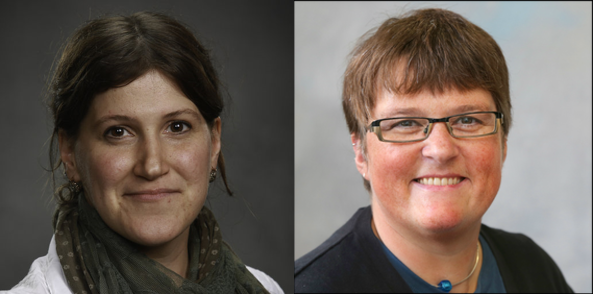
Stomata Signaling Pathways for Increasing Yield Potential in Wheat
Project Leads – Nora Foroud, Agriculture and Agri-Food Canada (AAFC) (CAN) & Tracy Lawson, University of Essex, (GBR)
Principal partners – AAFC (CAN); University of Essex (GBR); University of Adelaide (AUS)
